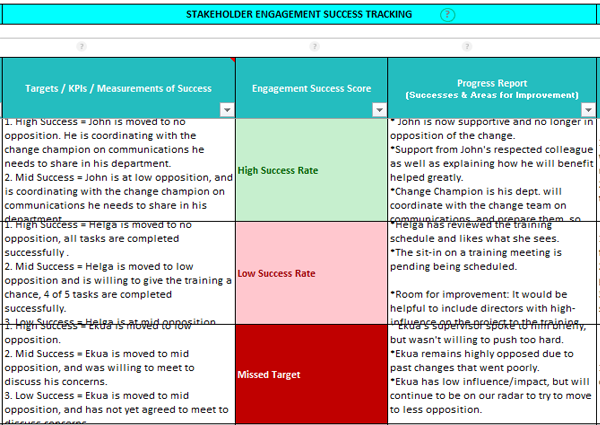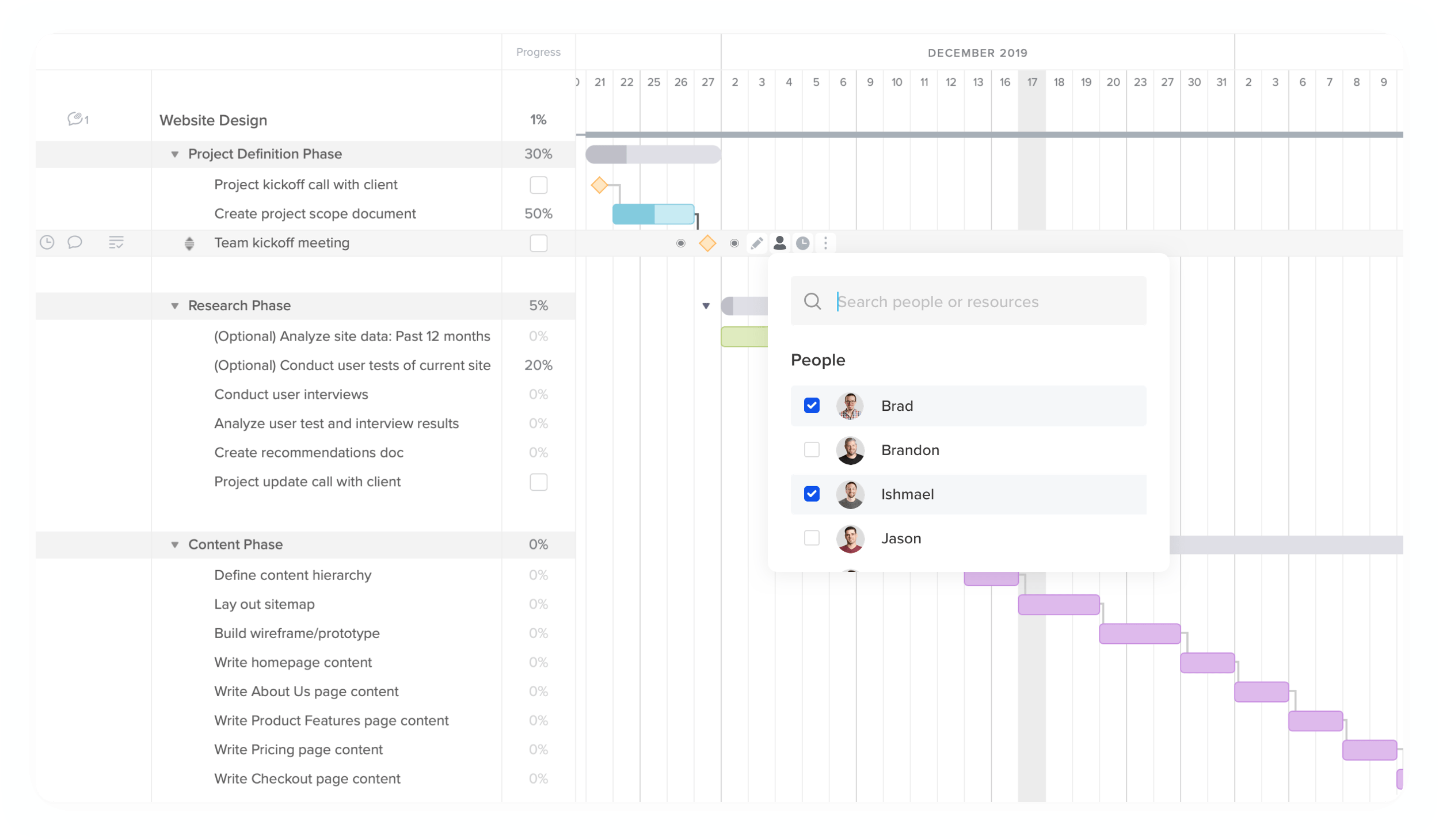
You have come to the right spot if your search for a Portland-based waste management firm is over. Kahut Waste Services and Sunset Garbage are all options. These companies can manage all your waste management needs. And if you need to recycle, they'll haul it to a Portland ecomaine recycling facility. This article will explain all options.
Heiberg Garbage
Heiberg Garbage & Recycling, LLC, was founded in 1967 by Vern Heiberg and Marian Heiberg in Portland's Sellwood/Moreland neighbourhood. Marian and Vern Hiesberg started the company. Vern Heiberg was responsible for driving and collecting garbage, and his wife Marian worked as a bookkeeper and handled paperwork. The company was able to buy its first compactor truck in 1967 and began to provide collection services to the neighborhood.
Vern Hiesberg started the company in a truck. After two years running the route all by himself, he hired Adam Cooler to help with the heavy lifting. Now they have 39 trucks and almost fifty employees. Vern Heiberg remains the sole owner, but his daughters now manage the day. The company also owns 11 backup trucks, which are kept in good condition in the garage. To keep the trucks in top shape, the company employs a full time mechanic.

Kahut Waste Services
The Kahut family of businesses operates in the waste industry. They provide solid waste collection, recycling and materials recovery services for residents and businesses in Northwest Oregon. This company is located in large parts of Oregon including Portland, Clackamas County and Multnomah County. Their professional staff is available 24 hours per day to meet customers' needs. For more information, visit the Kahut Waste Services site.
Hoodview Disposal and Recycling, Inc. and West Linn Refuse & Recycling, Inc. belong to the Kahut family. The company's relationship with the County began 47 years ago when the Kahut brothers bought a garbage collection service in Canby and incorporated it as the Canby Disposal Service. Since then, the family has expanded its business into other areas, including a franchise in Portland.
Sunset Garbage
Sunset Garbage is a family-owned and operated franchise that offers residential waste management services in the Portland area. Founded in 1919 by John Guinazzo, the company has grown from a one-man route in the lower southeast to a franchise that now services the entire Clackamas County. The company is committed ensuring quality service and providing a safe work environment to its employees. Here are some of the company's services.
Sunset Garbage provides recycling services to help you keep your costs down. It encourages customers to put out their glass bins and recycling carts only when they are full. This ensures more efficient collections and costs are controlled. Customers can also be charged for damaging or incorrectly filling their carts. Sunset Garbage also encourages customers to remove their baskets from curbside after collection. Sunset Garbage offers a wide variety of services for residential and commercial customers.

Waste Management
Waste Management can be counted on when it comes to disposing of your garbage. They offer a range of waste services that include recycling, curbside pickup, and disposing. You can also get benefits like vision, medical, and life insurance. Employees can also take advantage company-matched retirement accounts and personal days. For more information, check out Waste Management's website. It also offers online solutions such as live traffic updates and reviews from local businesses.
Apartment renters may wish to take advantage the apartment's recycling and garbage service. This service is provided by multifamily property owners, so you should inquire about it before you move in. The City of Portland also offers free recycling resources. Donate reusable items at garage sales, donation centers and other events. There are also recycling bins available for free and a drop-off area for recyclables. These services can help reduce waste and protect the environment.
FAQ
Why is it important for companies to use project management techniques?
To ensure projects run smoothly and meet deadlines, project management techniques are employed.
This is due to the fact that most businesses rely heavily upon project work in order to produce goods, and services.
Companies must manage these projects effectively and efficiently.
Companies can lose time, money, and reputation if they don't have a good project management system.
How can a manager motivate employees?
Motivation is the desire to do well.
It is possible to be motivated by doing something you enjoy.
You can also be motivated by the idea of making a difference to the success and growth of your organization.
For example, if your goal is to become a physician, you will probably find it more motivational to see patients rather than to read a lot of medicine books.
The inner motivation is another type.
You may feel strongly that you are responsible to help others.
Or you might enjoy working hard.
Ask yourself why you feel so motivated.
Then think about how you can make your life more motivating.
What does the term "project management” mean?
It refers to the management of activities related to a project.
Our services include the definition of the scope, identifying requirements, preparing a budget, organizing project teams, scheduling work, monitoring progress and evaluating the results before closing the project.
How can we create a successful company culture?
A culture of respect and value within a company is key to a productive culture.
It's based on three main principles:
-
Everybody has something to offer.
-
People are treated fairly
-
Individuals and groups can have mutual respect
These values are evident in the way that people act. They will show consideration and courtesy to others.
They will listen respectfully to the opinions of others.
They encourage others to express their feelings and ideas.
The company culture promotes collaboration and open communication.
People feel safe to voice their opinions without fear of reprisal.
They are aware that mistakes can be accepted if they are treated honestly.
The company culture encourages honesty and integrity.
Everyone knows that they must always tell truth.
Everyone is aware that rules and regulations apply to them.
Nobody expects to be treated differently or given favors.
How do you effectively manage employees?
Effectively managing employees requires that you ensure their happiness and productivity.
It means setting clear expectations for them and keeping an eye on their performance.
Managers need clear goals to be able to accomplish this.
They should communicate clearly with employees. They should also ensure that they both reward high performers and discipline those who are not performing to their standards.
They must also keep track of the activities of their team. These include:
-
What was achieved?
-
How much work was done?
-
Who did it?
-
How did it get done?
-
Why did it happen?
This information can be used for monitoring performance and evaluating results.
What is Six Sigma, exactly?
It is a way to improve quality that places emphasis on customer service and continuous learning. The goal is to eliminate defects by using statistical techniques.
Six Sigma was developed at Motorola in 1986 as part of its efforts to improve manufacturing processes.
It was quickly adopted by the industry and many companies are now using six-sigma to improve product design, production, delivery, customer service, and product design.
What are management principles?
Management concepts are the principles and practices used by managers to manage people, resources. These topics include job descriptions, performance evaluations and training programs. They also cover human resource policies, job description, job descriptions, job descriptions, employee motivation, compensation systems, organizational structures, and many other topics.
Statistics
- UpCounsel accepts only the top 5 percent of lawyers on its site. (upcounsel.com)
- Our program is 100% engineered for your success. (online.uc.edu)
- The average salary for financial advisors in 2021 is around $60,000 per year, with the top 10% of the profession making more than $111,000 per year. (wgu.edu)
- Hire the top business lawyers and save up to 60% on legal fees (upcounsel.com)
- 100% of the courses are offered online, and no campus visits are required — a big time-saver for you. (online.uc.edu)
External Links
How To
How do you implement Quality Management Plans (QMPs)?
The Quality Management Plan (QMP) was established in ISO 9001. It is a systematic way to improve processes, products and services. It emphasizes on how to continuously measure, analyze, control, and improve processes, product/service, and customer satisfaction.
The QMP is a standard method used to ensure good business performance. QMP improves production, service delivery, as well as customer relations. QMPs should cover all three dimensions - Products, Processes, and Services. When the QMP includes only one aspect, it is called a "Process" QMP. When the QMP focuses on a Product/Service, it is known as a "Product" QMP. If the QMP focuses on Customer Relationships, it's called a "Product" QMP.
When implementing a QMP, there are two main elements: Scope and Strategy. These are the following:
Scope: This defines what the QMP will cover and its duration. This scope can be used to determine activities for the first six-months of implementation of a QMP in your company.
Strategy: This describes the steps taken to achieve the goals set out in the scope.
A typical QMP has five phases: Planning (Design, Development), Implementation (Implementation), and Maintenance. Below is a description of each phase:
Planning: This stage is where the QMP objectives are identified and prioritized. In order to fully understand and meet the needs of all stakeholders involved in this project, they are consulted. Next, you will need to identify the objectives and priorities. The strategy for achieving them is developed.
Design: This stage involves the creation of the vision, mission, strategies and tactics necessary to implement the QMP successfully. These strategies are implemented by the development of detailed plans and procedures.
Development: Here, the development team works towards building the necessary capabilities and resources to support the implementation of the QMP successfully.
Implementation: This refers to the actual implementation or the use of the strategies planned.
Maintenance: The maintenance of the QMP is an ongoing task.
Several additional items should be added to the QMP.
Stakeholder Engagement: It is crucial for the QMP to be a success. They are required to actively participate in the planning, design and development of the QMP, as well as the implementation and maintenance phases.
Project Initiation - A clear understanding of the problem statement, and the solution is necessary for any project to be initiated. The initiator must know the reason they are doing something and the expected outcome.
Time Frame: The time frame of the QMP is very critical. You can use a simplified version if you are only going to be using the QMP for short periods. If you are looking for a longer-term commitment, however, you might need more complex versions.
Cost Estimation: Cost estimation is another vital component of the QMP. You cannot plan without knowing how much money you will spend. Before you start the QMP, it is important to estimate your costs.
QMPs are not just a written document. They should be a living document. It changes with the company. So, it should be reviewed periodically to make sure that it still meets the needs of the organization.